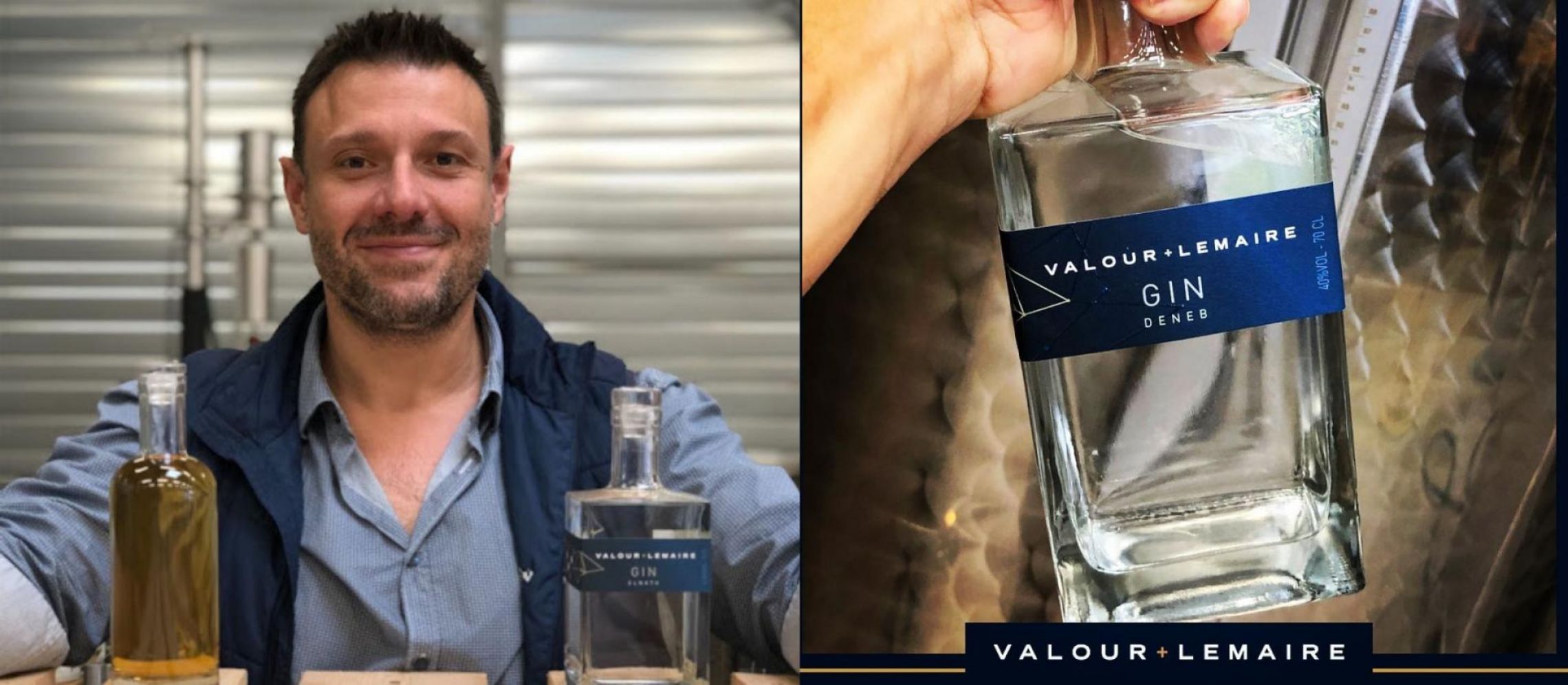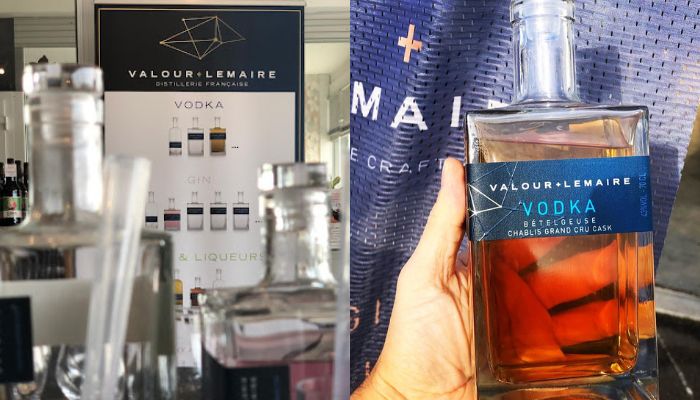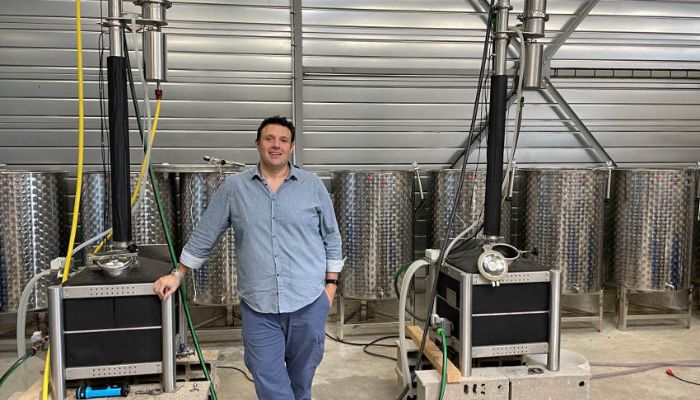Submission Deadline
28 February 2026
Judging
Date
24 & 25 March 2026
Winners Announcement
22 April 2026
28 February 2026
24 & 25 March 2026
22 April 2026

Arnaud holds a Master's in marketing communications from Westminster University in 1999. Before distilling, he was in charge of the Chablis Wine Board and opened a wine/spirits bar, shop, and tasting/training room. Arnaud has been distilling for the last three years. He also owns and does consultancy and training work on the side, mainly with universities, business schools, and a couple of wine and spirits-related customers.
Short in a way, as I have only been distilling for three years. My background is a bit more wine-related as I was in charge of the Chablis Wine Board and then opened a wine/spirits bar, shop, and tasting/training room, so that’s a good 15 years of my life. Through education, I passed my Master's in marketing communications with Westminster University in 1999. Also own and do consulting and training work on the side, mainly with universities and business schools and a couple of customers who are wine and spirits related (mainly marcoms).
I think (in France) we are just hitting the same spot that occurred for micro-breweries 10 to 15 years ago, which is an amazing time to be different and creative (even if it means a lot more competition to come our way). I also think (and it has always been the case) that it brings an enormous opportunity to see spirits differently in terms of taste, method, and communication.
[[relatedPurchasesItems-14]]
Small craft distillery, so today, for example, was mainly based around production starting at seven, then moving on to a couple of meetings and finishing later with tastings with customers. There are two partners at the Distillery (hence the name). I tend to be in charge of long-term views and strategy, while Benjamin Lemaire is more into the day-to-day operations. This means Benjamin supervises salesforce, production, and admin for customs) while I deal with communication, export, finance, positioning, and development (and tidying up the place weirdly enough).
We don’t have a clever pitch we let our spirits speak for themselves (No folklore, just taste). We work hard to make sure taste and quality are there; then, it’s up to each customer to like them or not. We follow strict steps where we can always decide not to sell. The way it goes is
- R&D till we like it
- Production stage
- Bottling stage
- Labelling stage.
All these steps include tastings between us and with a customer tasting panel. Recently all the steps were “Gos” and green light till the labelling stage, where the last tasting came up with “Good”, but at the level, we expected so, all the bottles were emptied and didn’t make it to the markets.

We have part of our range, which is always distilled (Origins). All the other ranges are limited editions, usually 500 bottles (2000 max). We also try to be by their side whenever we can (masterclass, event with customers, tastings, …) and communicate a lot.
The most important part would be an anecdote about something funny, weird, different, and relatable that has happened with the spirit we are talking about. It can be something that happened during the R&D stage, like the change of cardamom supplier just before distilling Gin Albiréo, which geared the production of Gin Canopus because the impact was massive. Another one would be how our first rum only yielded 5 liters from 200 liters ferment.

Image: Arnaud valour
Presence, being there, being behind every single bottle (whenever possible or quite ambiguously training others and letting them do their thing with their personality).
Two partners, both distilling, immensely different approaches. I feel as long as you can stand strong behind your choices/style, then you are a good distiller AND never try to copy, imitate, or match something somebody else did AND being able to listen
Gin and tonic. Gin Origins was created to satisfy the need for an “any situation goes to” Gin Tonic, but I also enjoy the other side of GTs (and friends and competitors Gins) by shooting for something that is overly complex depending on the mood. I feel this drink can be as simple or as complex as you wish depending on the brand/style of gin, the brand/style of tonic, garnish ice, mood, environment, and that permanent discovery and exploration are amazing.
I would love to say tasting or consulting or teaching or R&D, but the less glamorous side is “admin”, but that is just working, another side is family.
Let’s face it, being a distiller in your own distillery doesn’t scream terrible life, so I guess waking up with all the support, care, and love from your loved ones and doing what is considered a job without even thinking it is hard work.
Header Image: Arnaud valour
Show your spirits where it matters. Get your products tasted by top bartenders, buyers and experts at the London Competitions — enter now.